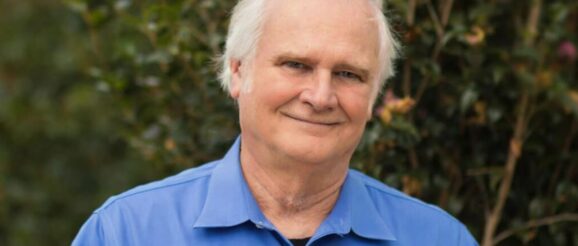Breaking Sound Barriers: Blake Wilson’s Cochlear Implant Work Earns IEEE Healthcare Innovation Medal | Hearing Health & Technology Matters

Duke University professor Blake S. Wilson, PhD, a key contributor to the development of sound-processing strategies in modern cochlear implants, has been chosen as a co-recipient of the 2024 IEEE Medal for Innovations in Healthcare Technology. For nearly a century, the IEEE Awards Program has paid tribute to researchers, inventors, innovators, educators and practitioners whose exceptional achievements and outstanding contributions have made a lasting impact on technology, society and the engineering profession. Each year, the IEEE Awards Board recommends a small number of extraordinary individuals for IEEE’s most prestigious honors. Development of the Modern Cochlear Implant The IEEE Medal for Innovations in Healthcare Technology is given to individuals for their exceptional contributions to technologies and applications benefitting health care, medicine and the health sciences. Wilson was specifically cited for his “contributions to the development of the modern cochlear implant.” Wilson invented many of the sound-processing strategies used in modern cochlear implants—most significantly the “continuous interleaved sampling” system. This technique made it easier for cochlear implant recipients to better understand words and sentences, making the implants significantly more effective than previous versions. Today, most users of cochlear implants use the telephone or their cell phones routinely, even for conversations with previously unfamiliar persons and even for conversations with unpredictable and changing topics. To date, Wilson’s research has helped restore hearing for more than one million people worldwide. Wilson received the North Carolina Award in 2021—the Tar Heel State’s top honor—and was elected to the National Academy of Engineering (NAE) in 2017 in recognition of his work. He and his colleagues also received the 2015 NAE Fritz J. and Dolores H. Russ Prize, which is considered the top prize in the world for bioengineering. He also received the prestigious Lasker Award in 2013, which is given to researchers who have made significant contributions to medical science, and is second only to the Nobel Prize in Physiology or Medicine for recognizing advances in those fields. Wilson is now the director of the Duke Hearing Center and is an adjunct or consulting professor in three departments at Duke: Head and Neck Surgery & Communication Sciences, Biomedical Engineering, and Electrical & Computer Engineering. Source: Duke, IEEE
